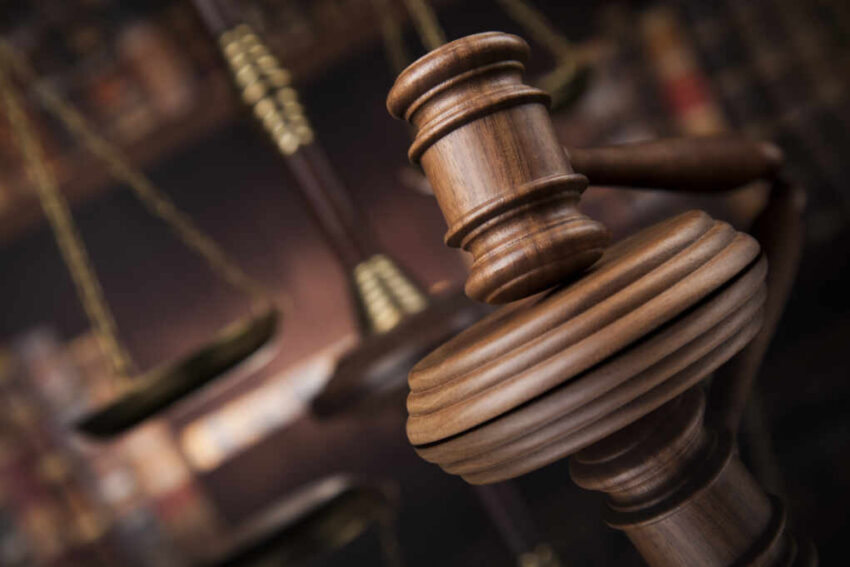Judicial leniency in the Cincinnati beating case—after defense attorneys invoked the January 6 Capitol riot—has ignited outrage among citizens concerned about unequal justice and the politicization of America’s courts.
Story Snapshot
- A Cincinnati judge cut suspects’ bonds by 99% after defense cited Jan. 6, fueling debate over judicial discretion and political influence.
- Six primarily African American suspects face felony charges for a violent downtown assault; viral video intensified public scrutiny.
- Defense and city leaders allege racial and political bias, while police and prosecutors defend impartiality and investigation integrity.
- Police union criticizes political interference, warning of long-term damage to public trust and law enforcement effectiveness.
Bond Reductions Spark Public Outcry and Constitutional Concerns
On July 26, 2025, a violent brawl erupted in downtown Cincinnati, its aftermath captured on video and widely shared online. The footage, depicting a group assaulting a White man, stoked immediate outrage and thrust the incident into the national spotlight. After grand jury indictments, bond for two suspects was initially set between $200,000 and $300,000. Yet, during hearings in mid-August, defense attorneys controversially invoked the January 6 Capitol riot, arguing their clients were overcharged due to race and politics. Judge Alan Triggs reduced the bonds to $25,000 each, requiring $2,500 to post, prompting criticism from the local police union and some community members, who argued the decision appeared to be influenced by political narratives.
The invocation of national political events like January 6 as a courtroom defense tactic is rare and deeply controversial. Legal experts such as Loyola Law School professor Jessica Levinson have argued that invoking national political events like January 6 in local criminal cases risks undermining judicial impartiality and could set a precedent for future trials. Many see this as undermining judicial impartiality, eroding confidence in the courts’ ability to administer justice consistently, and setting a dangerous precedent. The police union and prosecutors argue that every individual involved in the altercation—regardless of race—has been charged based on evidence, not politics. The union’s president condemned the political interference, stating that efforts to steer the investigation for ideological reasons are “wildly inappropriate” and risk turning the justice system into a political battleground instead of a pillar of order and fairness.
Racial and Political Tensions Heighten Scrutiny of Law Enforcement
The city’s leaders, including Vice Mayor Jan-Michele Kearney and State Rep. Cecil Thomas, have publicly argued for broader accountability, demanding prosecution of White individuals allegedly involved. They point to perceived bias in charging decisions. In contrast, the Cincinnati Police Department and Hamilton County Prosecutor’s Office insist their investigation is guided solely by facts and law. Commentators at conservative outlets such as National Review have argued that the case highlights risks of judicial decisions being influenced by political or social pressure, which they say could undermine consistency in the legal system. Concerns are growing that precedent may be set for future cases, where defense teams routinely cite unrelated national events to demand leniency, potentially eroding the rule of law and emboldening those who would circumvent it.
In the wake of these developments, the Cincinnati community finds itself deeply divided. Some see the dramatic bond reduction as long-overdue correction of overcharging, a response to historic inequities, or a means to avoid inflaming racial tensions. Others, particularly those who value constitutional order, equal protection, and personal responsibility, see it as evidence of a two-tiered justice system where political and social narratives dictate outcomes. Law enforcement leaders warn that public trust is at risk, and that further political intrusion will only hamper efforts to keep communities safe and uphold fairness in the courts.
Wider Implications for Justice, Public Safety, and Conservative Values
Criminal justice researchers, including University of Cincinnati law professor Janet Moore, have noted that the case could influence broader debates over bail reform and the role of political rhetoric in courtroom strategy. If allowed to stand, the judge’s decision could incentivize defense attorneys nationwide to weaponize divisive national events, undermining the notion that justice should be blind to politics and identity. The Cincinnati case also highlights the power of viral media to shape public perception and pressure officials—a double-edged sword that can aid transparency but also fuel polarization and erode faith in institutions.
Cincinnati Beating Suspect Cites Jan. 6 at Hearing, And Judge Drops Bond by 99% from Original Total – $300k Down to $2,500 Out of Pocket https://t.co/B40aBOP4iJ #gatewaypundit via @gatewaypundit
— MD Morgan (@MDMorgan2) August 16, 2025
Conservative commentators, including Heritage Foundation fellow Cully Stimson, have argued that the Cincinnati case reflects broader concerns that courts are being used to advance partisan agendas at the expense of equal justice principles. The ongoing debate in Cincinnati is not just about one violent night or one judge’s decision—it is about the future of the nation’s legal system and the need to defend it from those who seek to politicize or undermine its core principles.
Sources:
Cincinnati viral beating: Bodycam released, suspects face new charges after grand jury indictment
Cincinnati police union blasts ‘political games’ as leaders call for prosecution of White man in viral assault
Cincinnati police union blasts political interference as leaders call for prosecution of White man in viral assault
Click this link for the original source of this article.
Author: Editor
This content is courtesy of, and owned and copyrighted by, https://conservativeamericatoday.com and its author. This content is made available by use of the public RSS feed offered by the host site and is used for educational purposes only. If you are the author or represent the host site and would like this content removed now and in the future, please contact USSANews.com using the email address in the Contact page found in the website menu.








